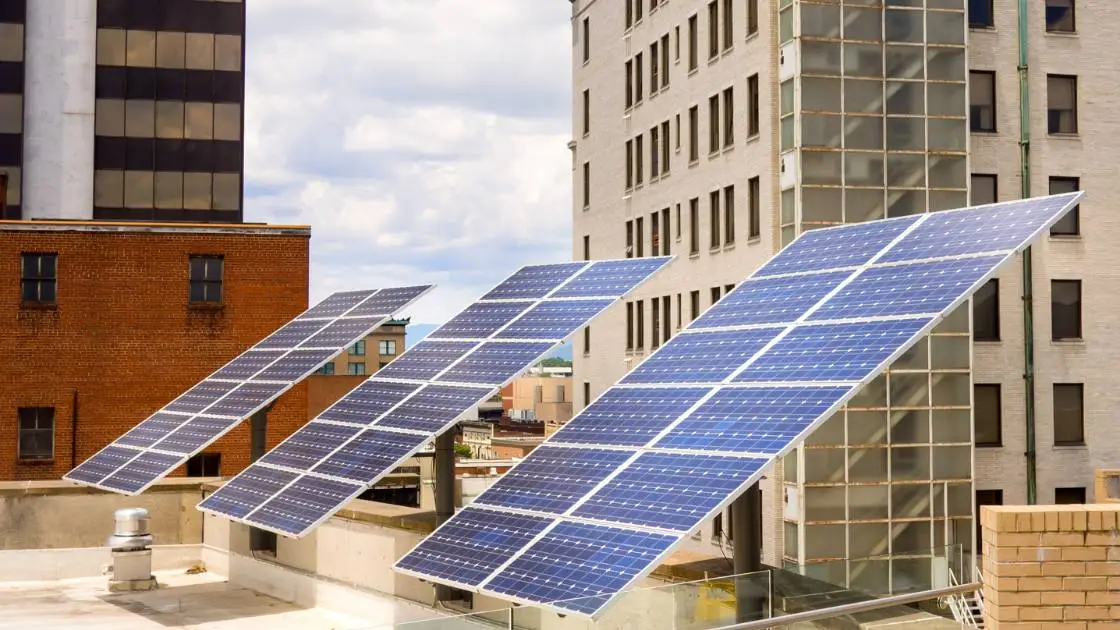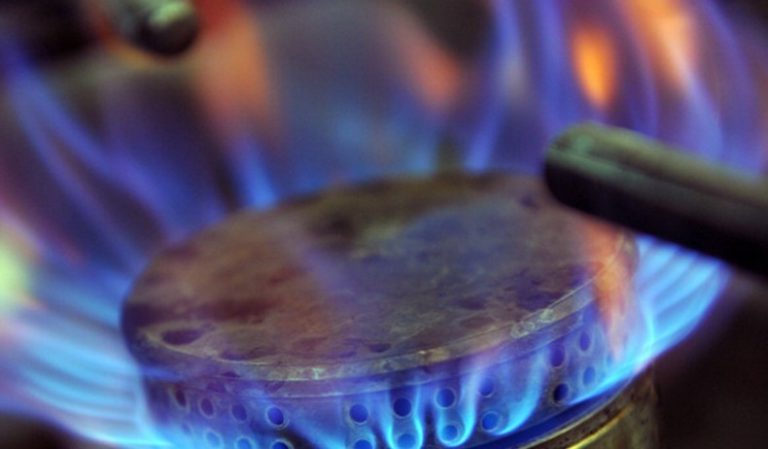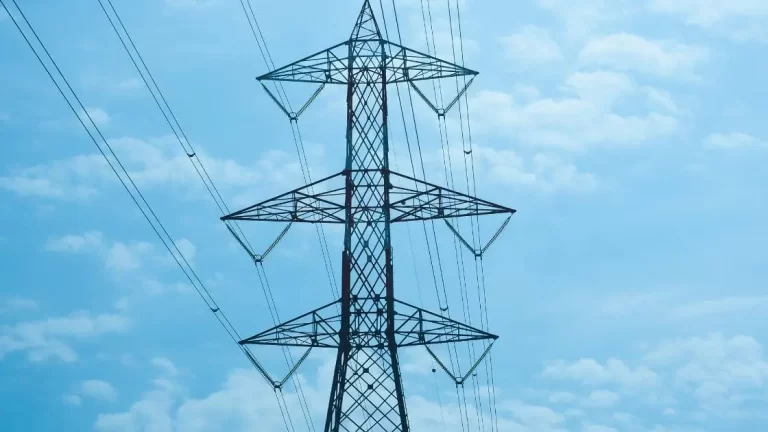Nepra Rejects To Lower Rooftop Solar Power Tariff
Nepra said “no” to a plan to lower power prices for extra units made by people with rooftop solar power.
Nepra considered lowering net metering users’ power tariff to Rs 9 per unit from Rs 19.32 per unit.
Solar power generators sell excess electricity to discos for Rs 19.32 per unit.
However, power distribution companies wanted to reduce this rate from Rs 19.32 per unit to Rs 9.Solar Panel Installer Near Me
Power distribution companies sold electricity to consumers at around Rs 30 per unit, which was ironic.
However, they wanted to buy excess electricity under net metering at lower rates from domestic consumers who had installed solar systems on their roofs to generate electricity.
Net metering users will continue selling additional electricity to DISCOs at Rs 19.32 per unit, the power regulator announced on Monday.
The NEPRA (Alternative and Renewable Energy) Distributed Generation and Net Metering Regulation 2015 was amended by NEPRA.
To amend regulations, the NEPRA sought stakeholder and public input.Chinese firm calls for extending solar park to 900 MW
Following stakeholder and media feedback, the power regulator held a public hearing on this amendment.
The authority carefully considered stakeholders’ hearing and written submissions and reviewed the government’s vision for affordable and clean renewable energy in the system, it said.
Stakeholders noted net metering’s economic benefits during the hearing, Nepra said.
In light of the above discussion, the Authority has decided not to amend the existing NEPRA (Alternative and Renewable Energy) Distributed Generation and Net Metering Regulations 2015, NEPRA, the power regulator said in a statement, adding that net metering users would continue to sell additional electricity to DISCOs at Rs 19 32 paise per unit.
Net metering will be promoted nationwide by the power regulator.
At a time when the coalition government planned to inject 10,000 Megawatt (MW) of solar electricity into the national grid, net metering users who wanted to export excess electricity to the Discos had their power tariff cut.
Due to Pakistan’s high electricity rates, the government planned to inject cheaper electricity.
In the coming days, the government will raise electricity rates.Solar industry rejects Nepra’s move to cut tariff for rooftop solar
At the time, there were already a number of solar roof projects going on, so the solar industry was very against the move.
The government plans to add 10,000 MW to the national grid by encouraging domestic solar power projects.
At a regulator public hearing, the solar power industry said it would discourage rooftop solar panel installation. 20,700 roof-top solar power generators are in Pakistan.
Nepra stated during the public hearing that they did not intend to make money.
Nepra Chairman Tauseef Farooqi said these things at a public hearing about a proposed change to the National Electric Power Regulatory Authority (Alternative and Renewable Energy) Distributed Generation and Net Metering Regulations, 2015.
The power regulator added that they didn’t want to discourage solar power.
The Distributed Generator and Distribution Company (DISCO) agreement was extended from three to seven years in SRO 1261 (J)/2017, issued by Nepra on December 20, 2017.
In Regulation 14, sub-regulation (5) states that “the Authority may determine the tariff payable by the Distribution Company to the Distributed Generator from time to time; provided, however, the tariff once awarded to a Distributed Generator shall remain valid for a term of the Agreement/Licence.”
Consumers paid Rs1,400 billion to IPPs for capacity in a year, more than the combined defense budget of all three forces.
The country had 42,000 MW of installed capacity.”
In winter, when demand was low, most power plants were not operational, and consumers faced load shedding.
Even though the country had a record 42000 MW installed capacity.
So honest consumers paying regular bills paid billions to idle power plants.
To avoid high electricity bills, the government shut down most power plants, causing the recent blackout.








